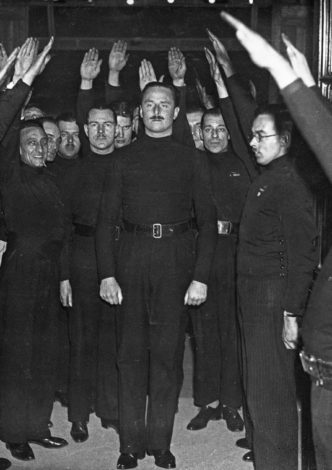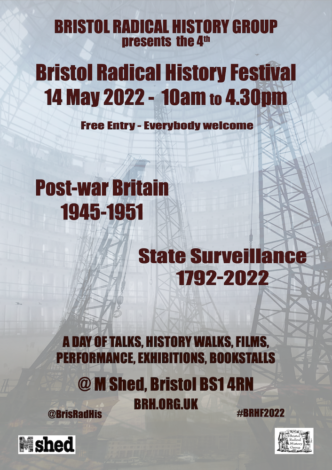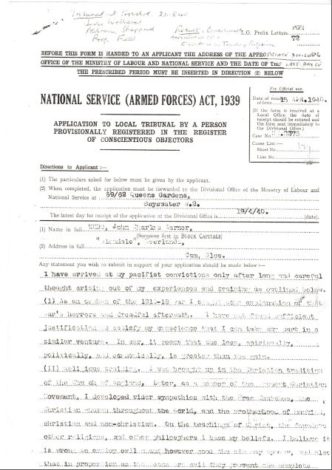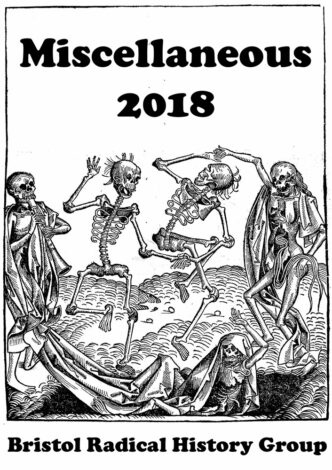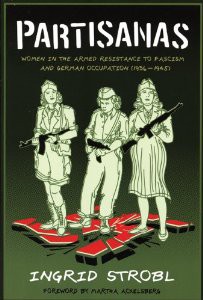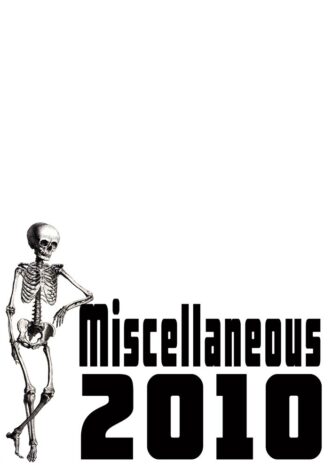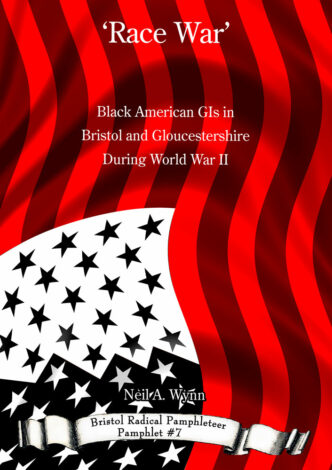The Second World War in Europe is often presented as a war against fascism though this is conflated with a war against the nations of Germany and Italy and by default with Germans and Italians. The VE day celebrations today will be presented as those of a nation united against the Nazis. However, numerous anti-fascist Germans or Italians were interned in poor conditions in the UK whilst the British fascist leader Oswald Mosley, although interned, was better treated and released early. Upon the […]
Roger Ball will outline how during the Second World War the government introduced compulsory ID cards as part of their emergency measures. It was not until seven years after the War that ID cards were finally withdrawn. Clarence Willcock, a Liberal activist, was instrumental in this process; his refusal to show his ID card when stopped by the police in North London in 1950 raised questions about their use in peacetime Britain, led to a campaign and contributed to the withdrawal of the cards in […]
During the summer of 1946, thousands of British families took the law into their own hands to temporarily solve their housing problems by "requisitioning" empty military camps. This mass-squatting movement was rapid, spontaneous and entirely working-class in character. While it was often driven at ground level by women, the movement soon developed a formal leadership structure dominated by ex-servicemen who had served as NCOs and warrant officers. Bristol, with particularly acute housing […]
Foreword During the Second World War, over 60,000 men and 1,000 women applied to register as conscientious objectors (COs) in England, Wales and Scotland. Although this was at least three times as many as in the First World War; it has remained something of an under reported history. The experience of First World War and Second World War COs vary in a number of ways. Sympathetically framed legislation and the fact that the tribunals came under the auspices of the Ministry of Labour rather than […]
A rare chance to see the 1986 Channel 4 documentary that explored the clash between British forces and the left-wing Greek Resistance against the Nazi occupation in 1944, which led to the 'Battle for Athens' and into a bitter three year Civil War. The defeated Greeks fled into exile and waited more than 30 years for the PASOK Amnesty in 1982 that allowed them to return home. In the documentary they tell their story for the first time, alongside the British protagonists. The British Establishment […]
 Not A BRHG Event
Not A BRHG Event
Quaker Meeting House, 126 Hampton Road, Redland, Bristol BS6 6JE A free event on women and conscientious objection to military service. Note: Registration is required for this event, details here. Speakers will include:- Professor Lois Bibbings, University of Bristol, author of Telling Tales About Men: Conceptions of Conscientious Objectors to Military Service During the First World War (Manchester: Manchester University Press, 2009) will look at how World War 1 Conscientious Objectors were […]
This book examines the parts played by women in the struggle against fascism across Europe. Strobl acknowledges the importance of so-called “passive” resistance such as hiding people, distributing leaflets and listening for information on radio Moscow and the BBC, which is perceived as the traditional role of women in the resistance. However this book looks as the women who broke away from this traditional role and took part in the armed struggle against fascism. As someone who didn’t know very […]
Bristol Radical History & Bristol Antifa join us for an astounding a talk by author Morris Beckman about the hidden history of how British Jewish ex-servicemen fought back against those trying to reconstitute fascist groups after WWII. The '43 Group' took it's name from the number of people at the founding meeting, one of whom was Morris Beckman (who had served on a Flower class corvette during the war). The movement grew to include many hundreds of men and women, including a 17-year-old […]
America's entry into World War II immediately served to highlight the issue of race relations and the contradictions between America's declared position as a defender of "freedom" and "democracy," and what was actually practiced. Prior to the D-Day landings of June 1944, there were just under 1.6 million American forces personnel located in various parts of the U.K, with the largest numbers gathered in the southwest. The pubs in Bristol were segregated with some serving whites only, others, […]
